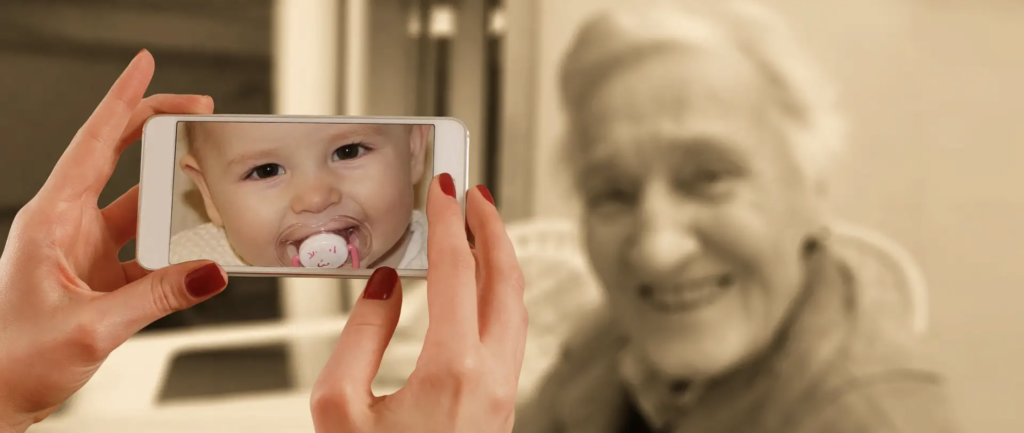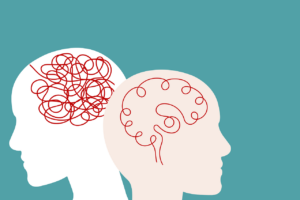
5 reasons to care about aging, regardless of how old you are
Human bodies and minds are constantly aging. From birth to death, aging is a slow gradual process that occurs over time. Understanding aging, its mechanisms, and the ways to minimize harmful aging processes can help support well-being, regardless of how old you are.
Continue to Medium.com to read a list of common aging myths, debunked.
ABOUT THE AUTHOR
Grace Weintrob is the former digital media intern for the Center for Healthy Aging. She graduated from CSU in 2022 with a degree in Communication Studies and minors in Stage, Sports, and Film Production and Science Communication.
Facebook
Twitter
LinkedIn
Pinterest





